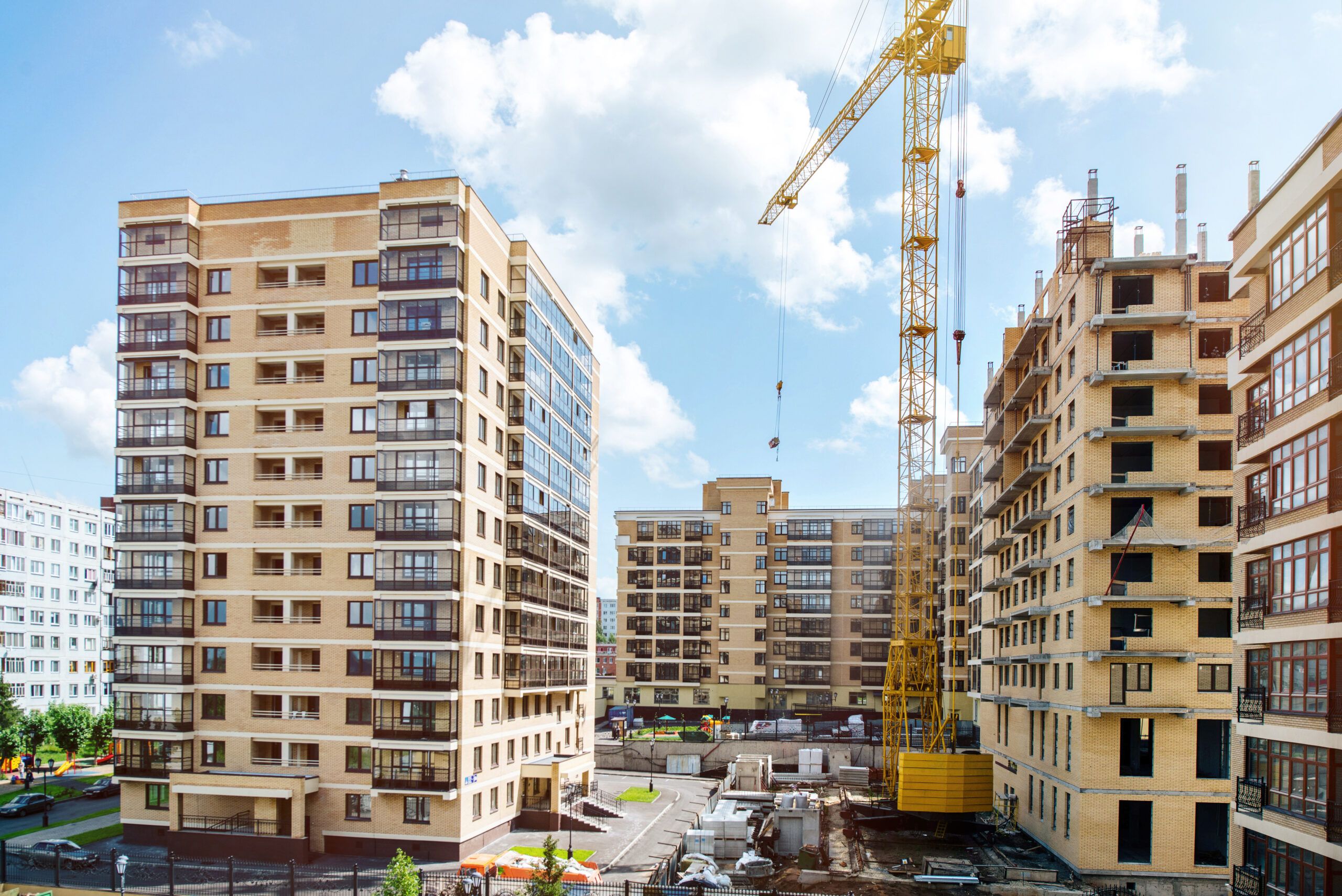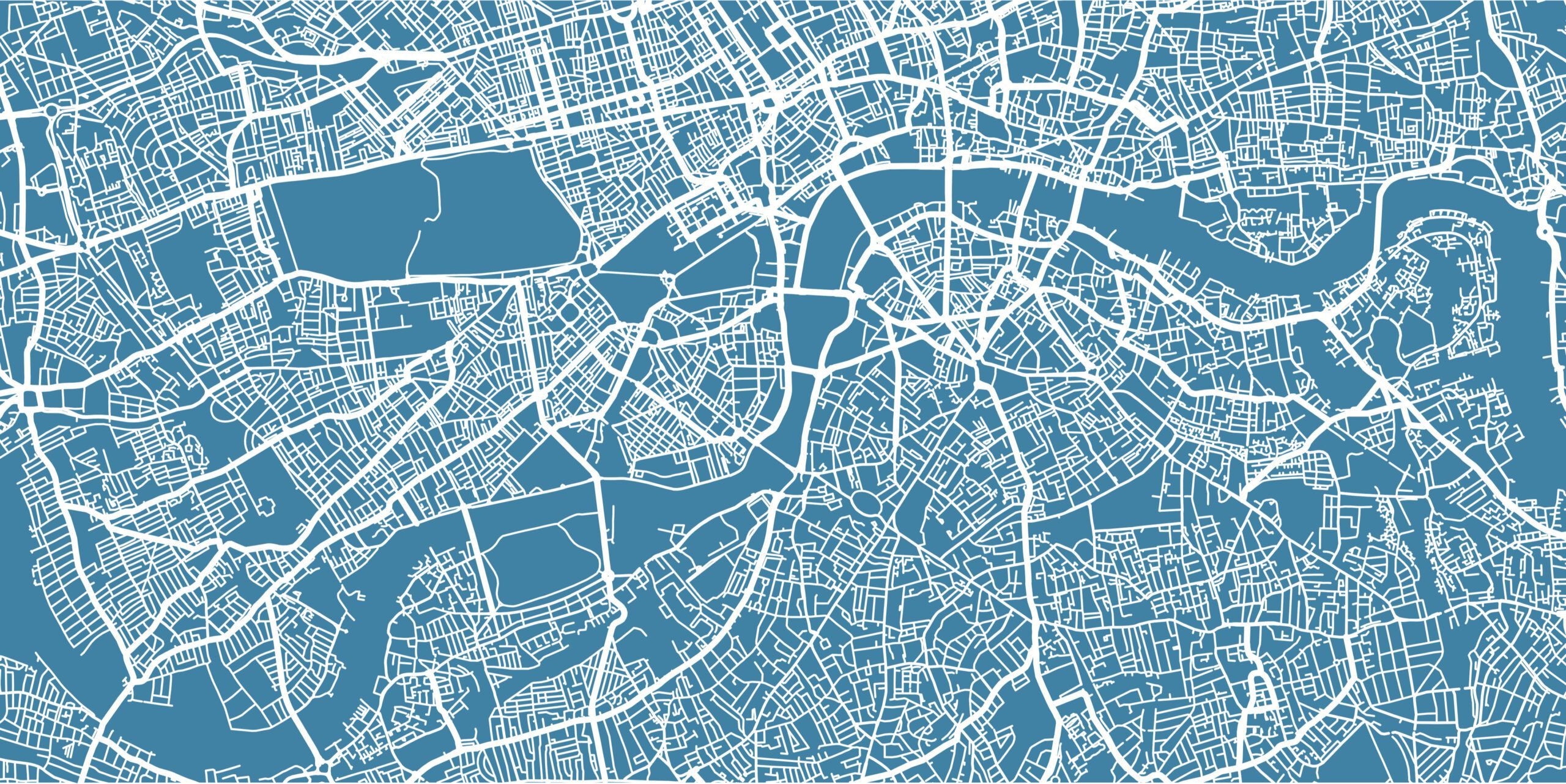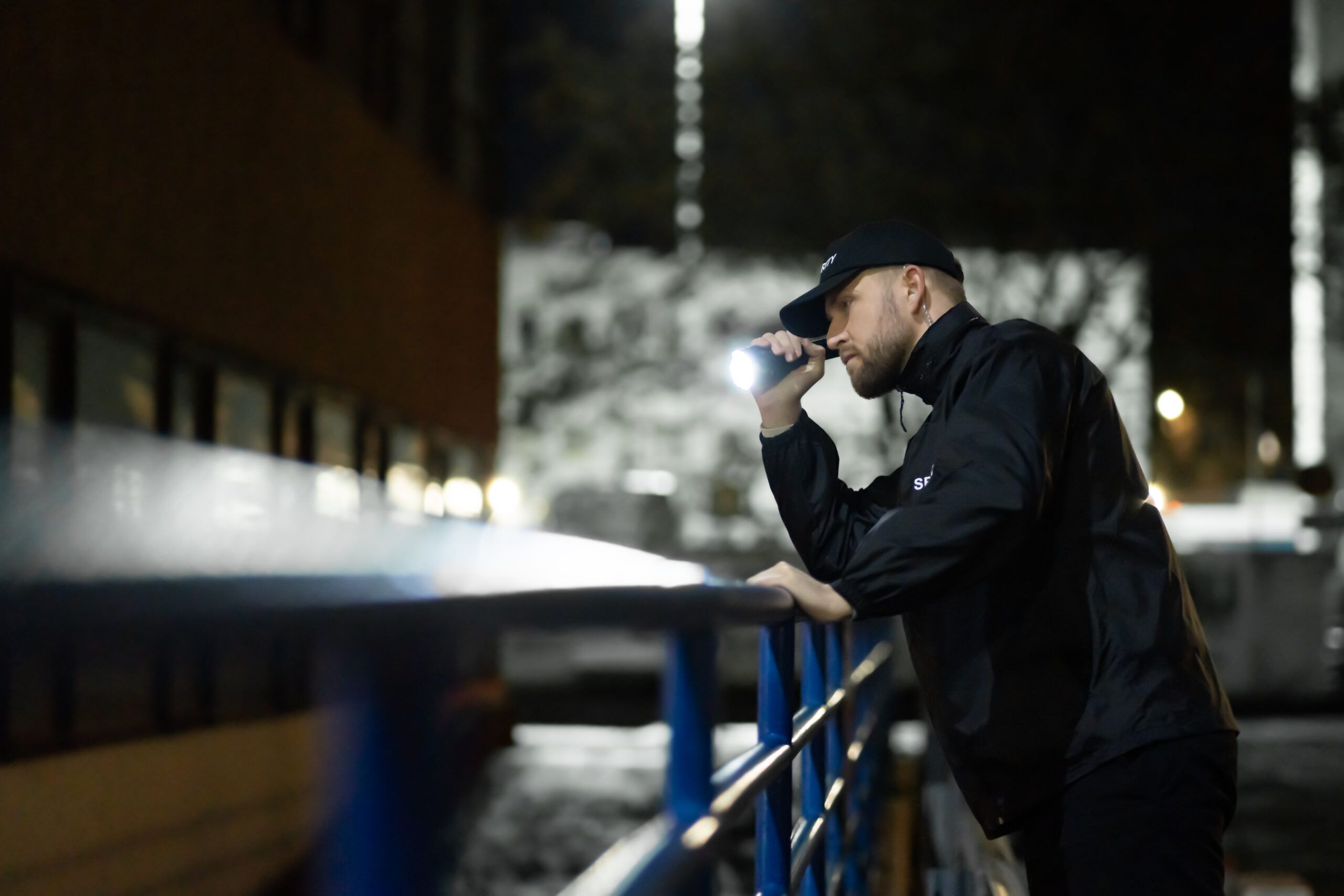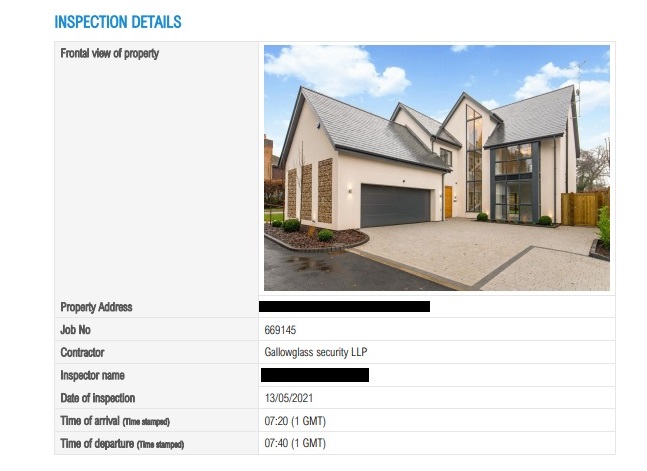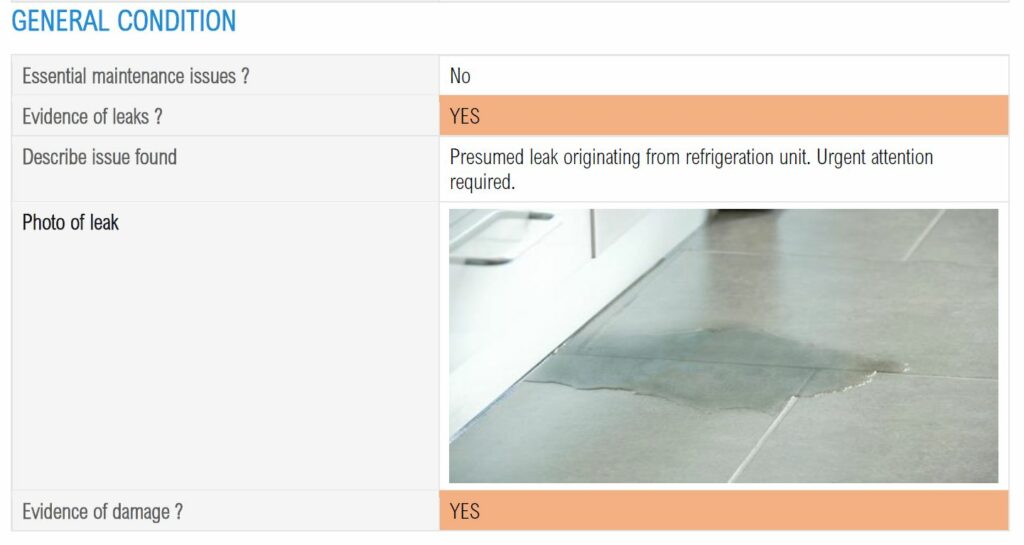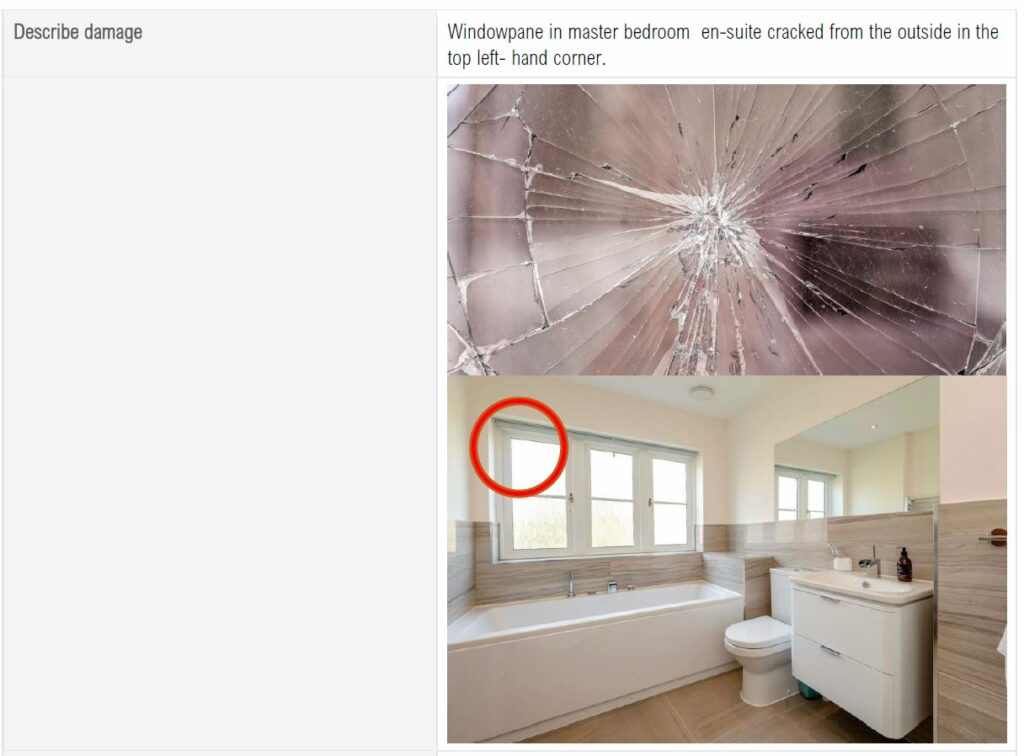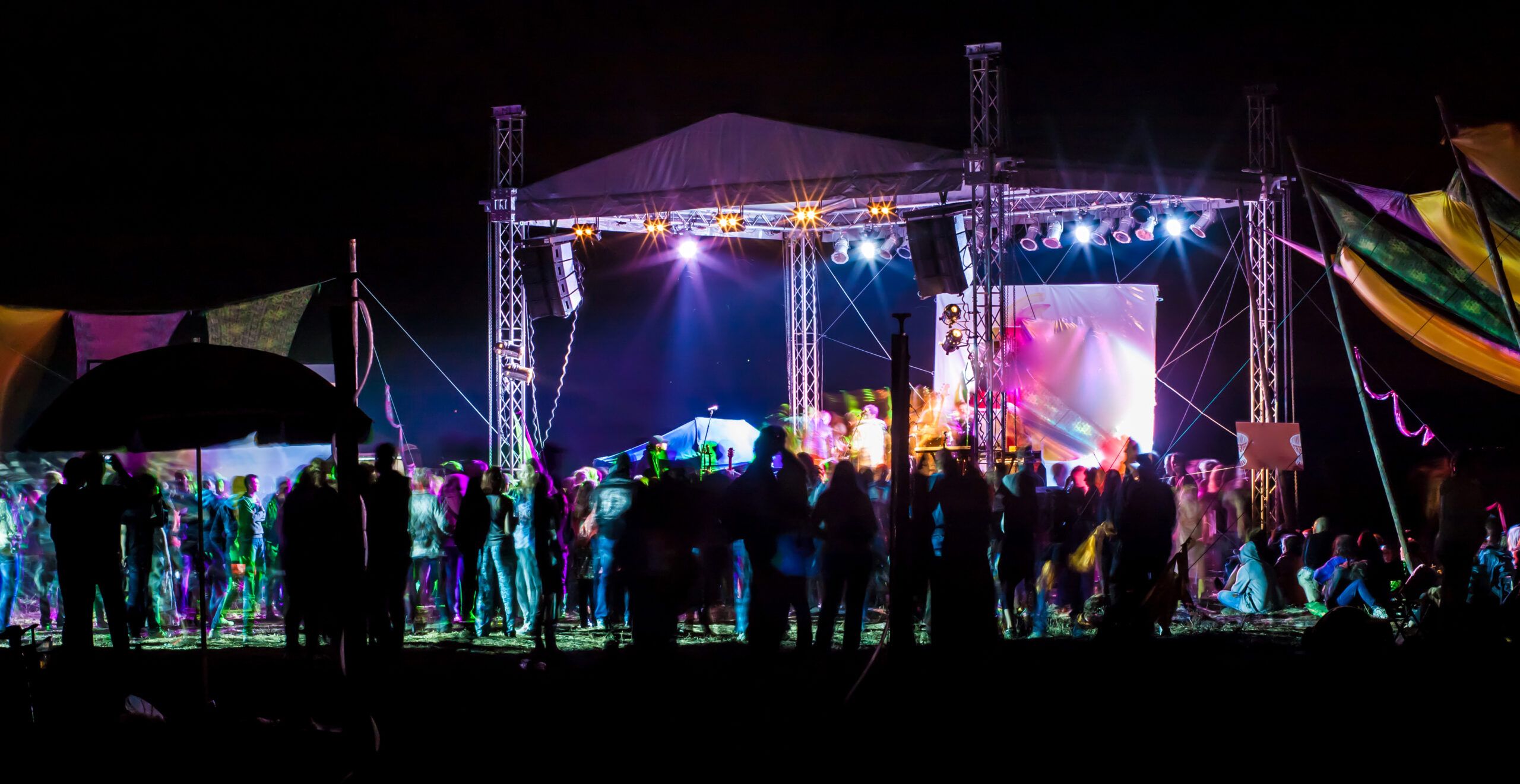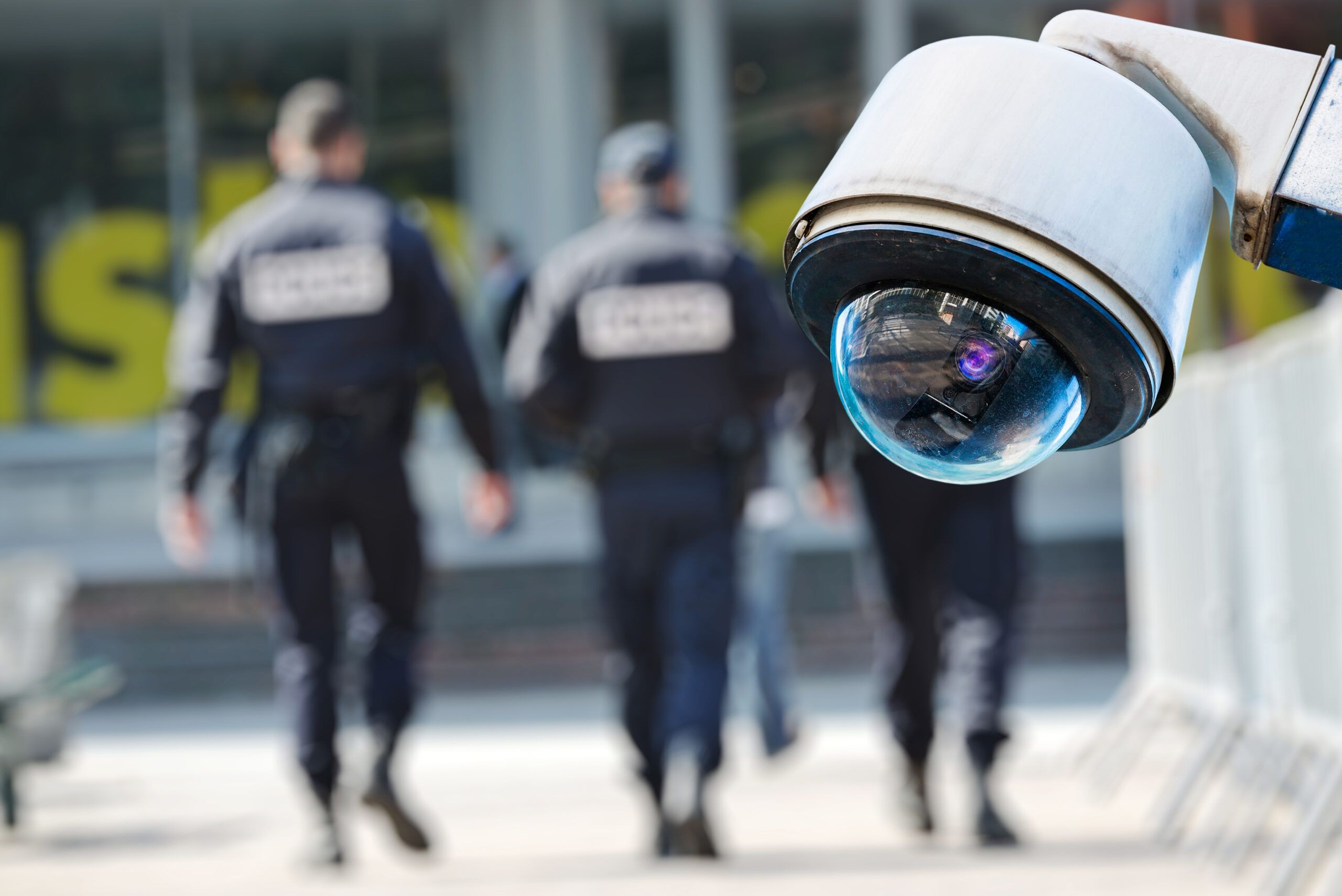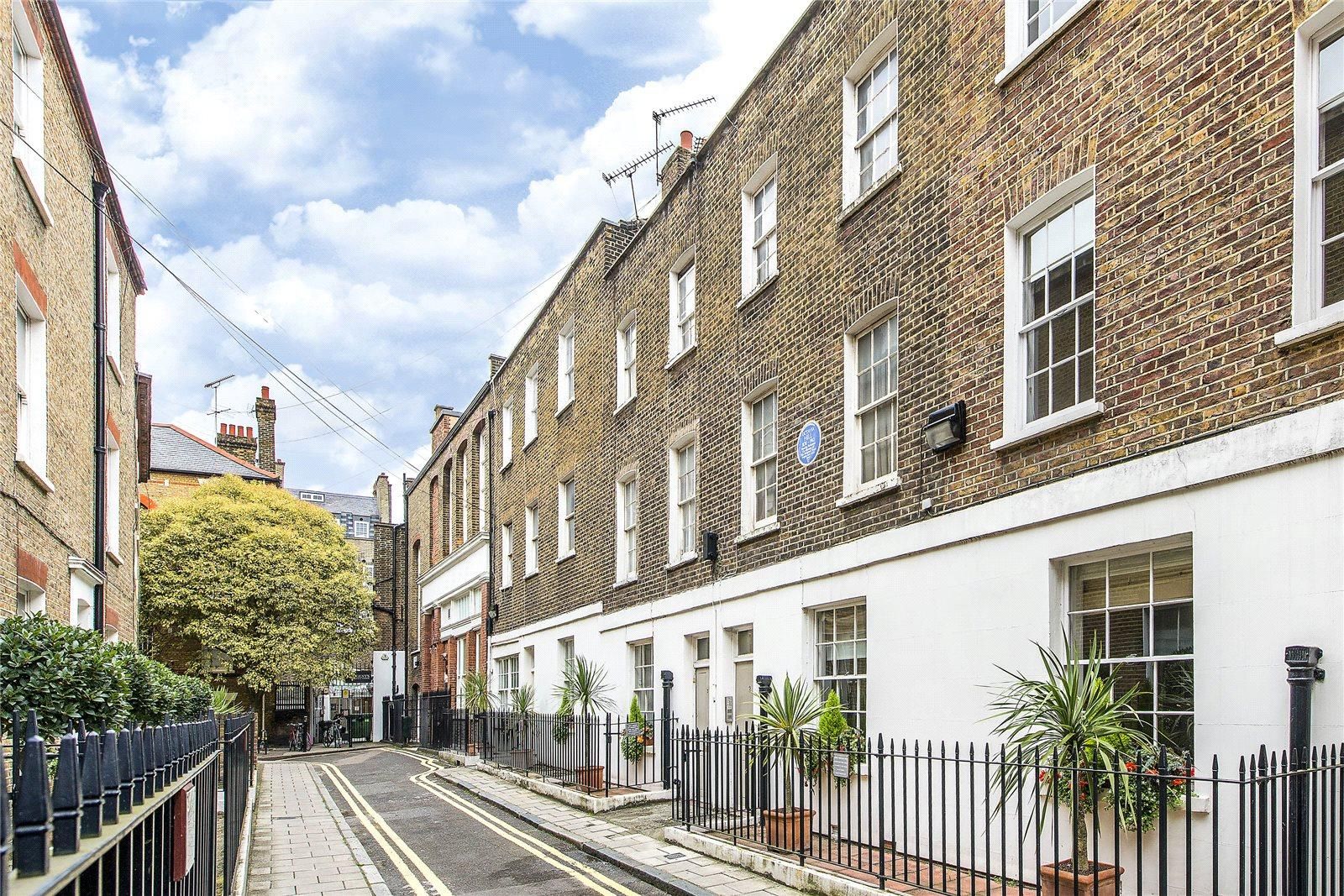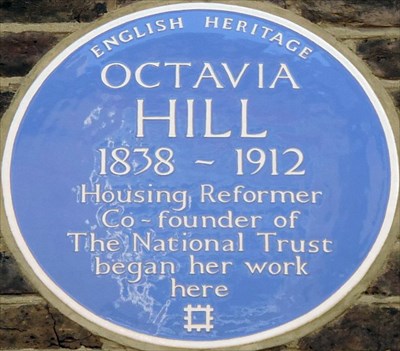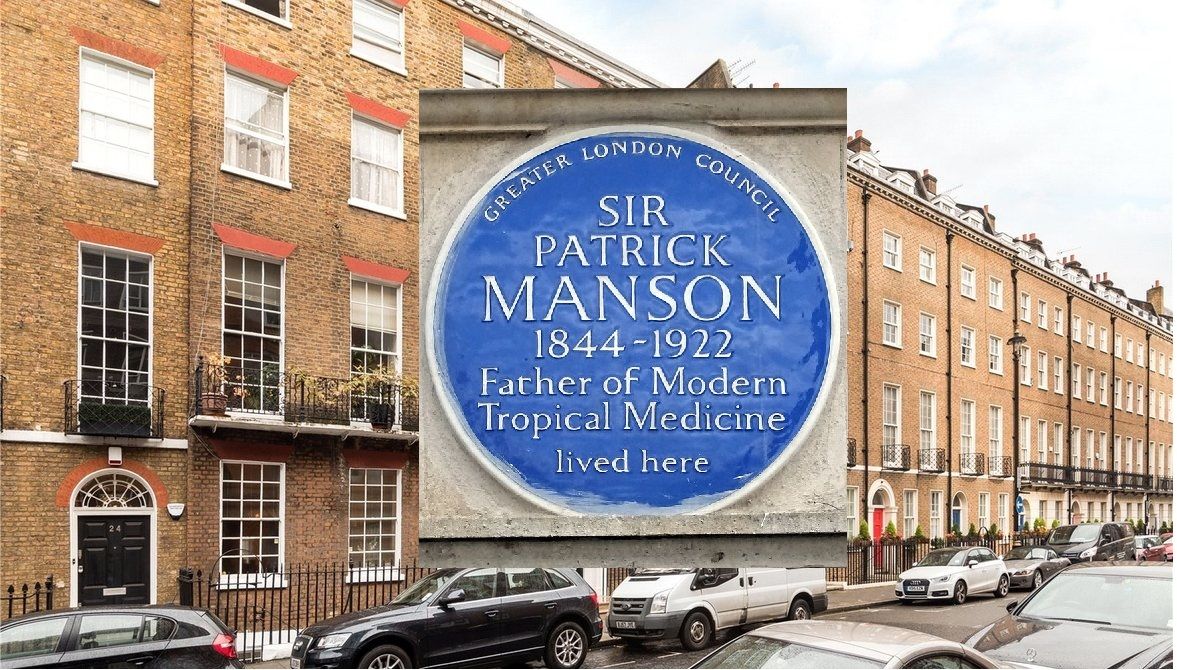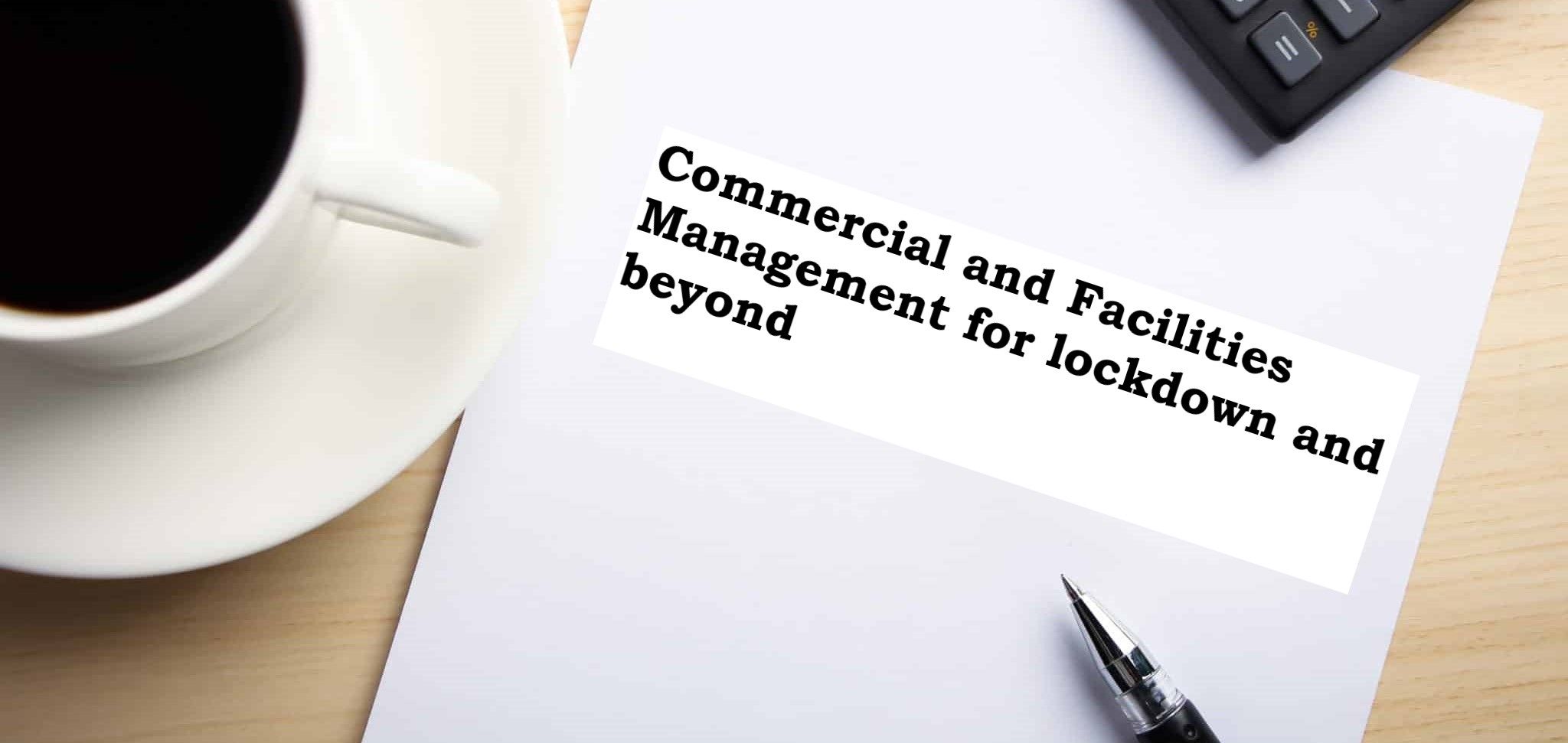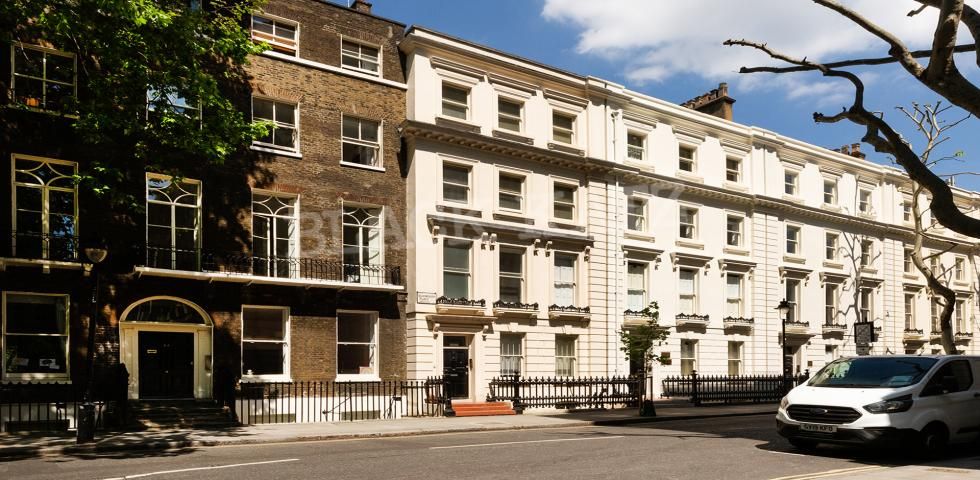New building? Tenants yet to move in? No problem.
New buildings cause a huge amount of interest, these may be from speculative agents trying to get an impromptu viewing without consent, often very convincingly, or it can be previous contractors who have left equipment on site. We take this responsibility seriously and will not be shoved around by people regardless of how convincing they are. Equally we provide a warm, professional welcome to authorised visitors and briefing to them of any safety concerns. In addition to this we provide a full visit report to client on who has attended the building.
At Gallowglass Security we take a comprehensive approach, to ensuring a property is secured quickly and effectively. We ensure that all members of our Property team are fully aware of the workings and running of each property, keeping our clients property safe and secure until their tenants are ready to take over the building in excellent working condition.
Why take this professional approach?
After the builders have left, there are always teething problems and knowledge gaps for the new tenant. Ensuring that you can close this knowledge gap is crucial to a building owner’s new customer. As a result we undertake a thorough hand-over on behalf of the buildings owner, ensuring everything is in working condition, before handing the building over to the new tenant through a further comprehensive handover.
What is involved in the handover?
We have a nine point check-list of duties to ensure the security of the property. We undertake these daily and every new guard double checks on the guard before, taking photographic evidence along the way, which is filed in an electronic report.
Our nine-point checking process includes:
- Fire and evacuation
Our first responsibility, before anything else, is to identify all the fire exists and the assembly areas. Making sure that we keep people who may be on the premises safe is of critical importance to us. - Alarms
Most buildings have fire and intruder alarms that need regular testing on certain days at certain times. This helps to ensure they are working appropriately and also ensures that when the alarm goes at an irregular time, we know what to do and the appropriate authorities are alerted in a timely fashion. - Access control systems
Access control systems are often overlooked; however, providing access to visitors is crucial, especially when you have new tenants undertaking a recce of the building. Ensuring we know how to operate all the access and entry systems for deliveries and the front of house is crucial. - Main location of work and welfare
We ensure that we capture photographs of the main working areas and the building to identify any issues that may occur. This helps reassure our clients that we are undertaking checks regularly and any problems that may arise are spotted early. - Post
New building owners are always going to receive post and deliveries before the moving-in day. Ensuring all post is filed correctly and all deliveries are signed for is critical to ensuring a smooth start for a new tenant or building owner. As a result, our staff learn about the businesses moving into the building to ensure that all their post is categorised appropriately and finds its way to the right owners one moving-in day. - Computer and phones
Every reception desk has a computer and telephone. Ensuring our staff know how to use the systems is critical to the efficient running of the building. - Keys and Codes
Typically, new buildings will have anything up to 200 bunches of keys which will equate to 600 individual keys. The project manager will hand these over with an associated list, we immediately audit these keys to ensure none are missing. This is a laborious task and typically we expect to find between 3%-9% error. If required we will also label and provide appropriate storage. - Internal patrols
One of the most important parts of our role is to undertake an internal inspection of all floors, rooms and corridors. This includes checking all fire-exits are clear, there are no leaks, defective pipes or lightbulbs and ensuring no rubbish is left lying around untidily. We ensure our staff check all the taps, radiators and loos, to ensure that everything is working, reporting any problems to the building owner in detail. - External patrols
Our external patrol is also incredibly important. This helps us identify any security threats to the building, external damage, rubbish, defects or those that may have chosen to sleep rough. Whilst externally inspecting the building we check all emergency access routes. Look for open windows, especially on ground floor and further up the building.
Protecting a building requires a professional and thorough approach, a thorough process and exceptional customer service. Our nine point plan ensures we deliver the top guarding and front of house service for our customers.
